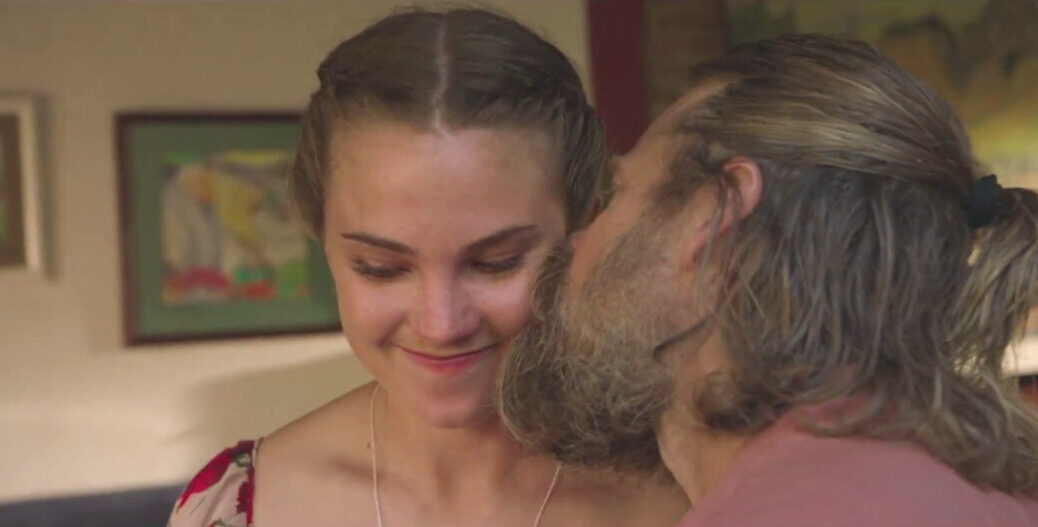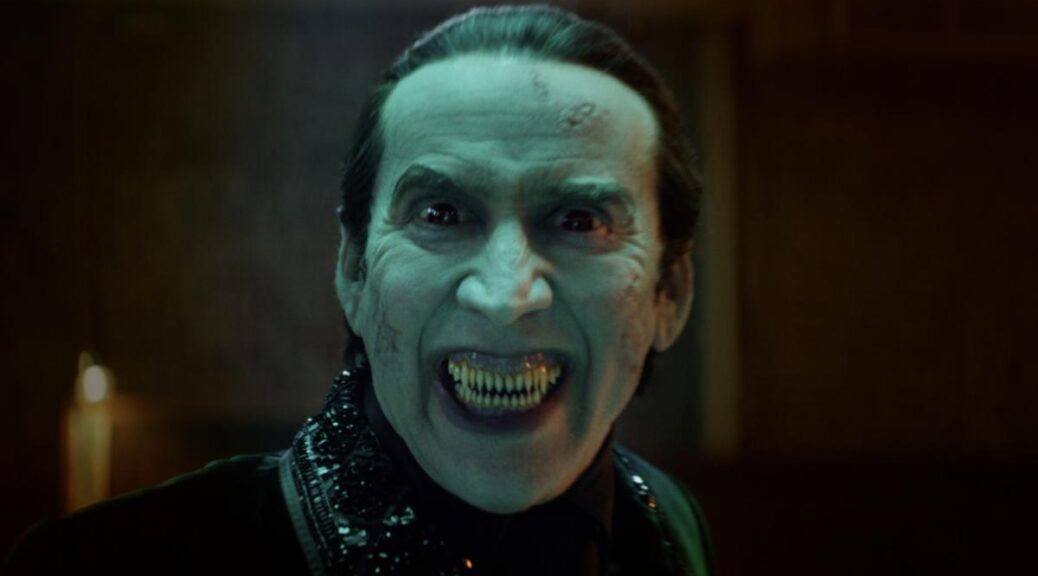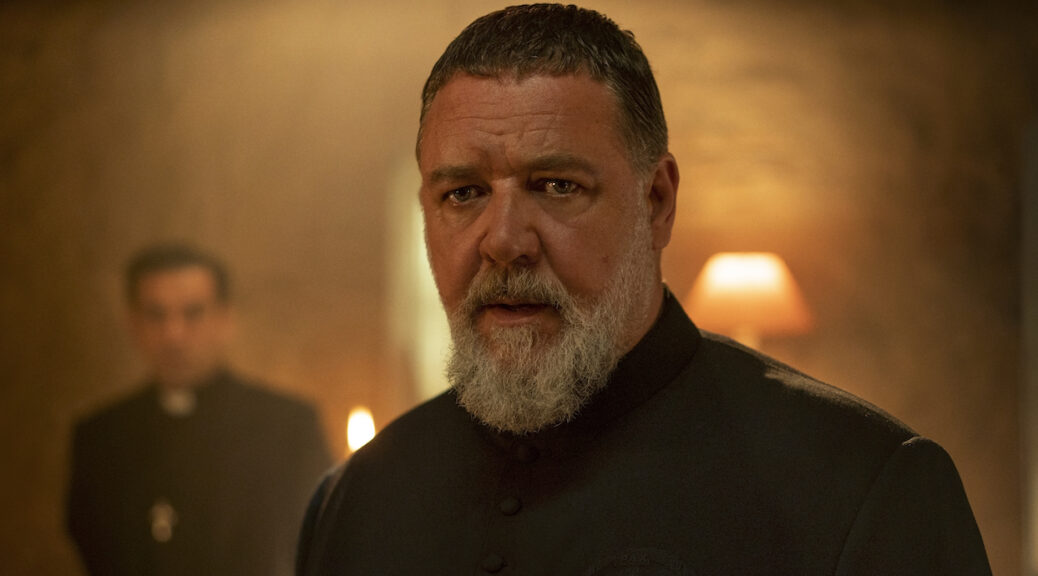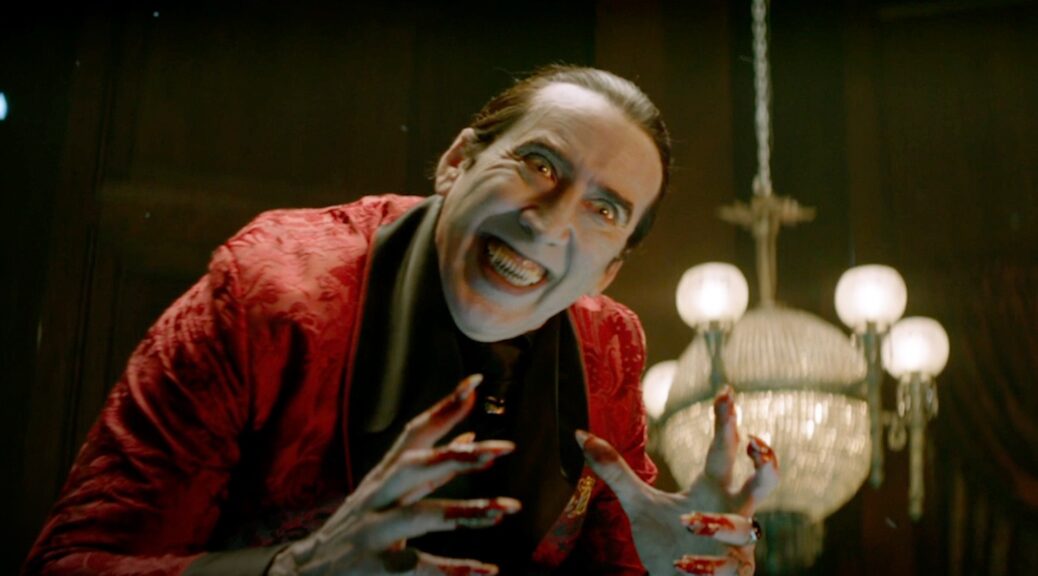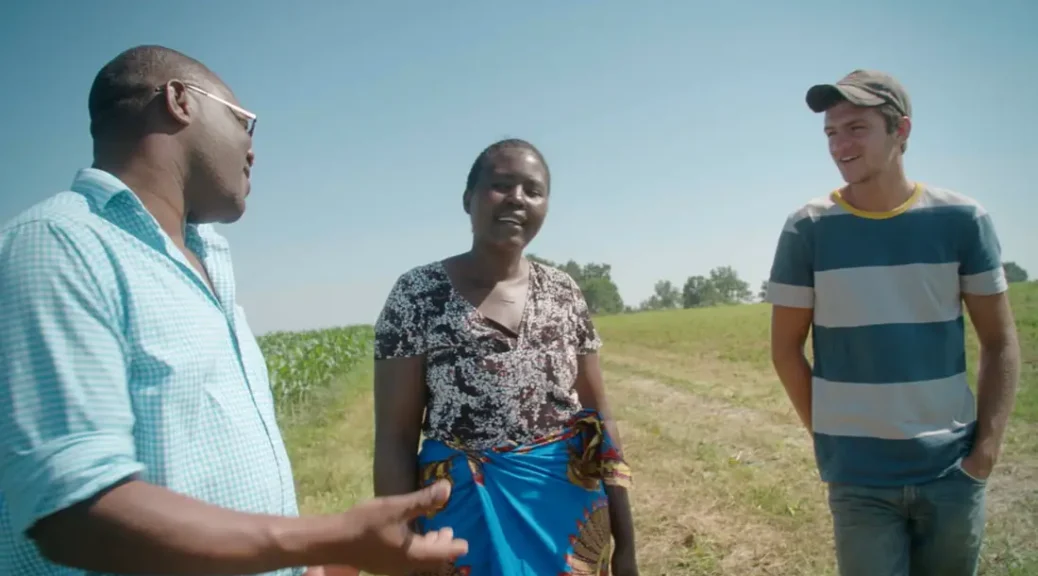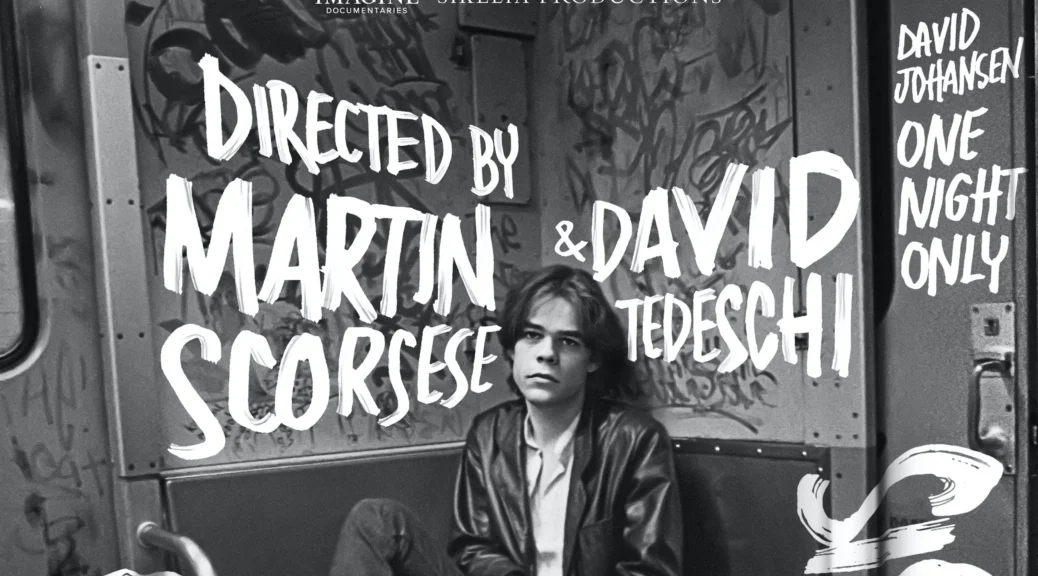Gringa
by Rachel Willis
When her mom dies, rather than live with her grandparents, Marge (Jess Gabor) decides to track down her long-lost dad (Steve Zahn) in Mexico in directors Marny Eng and E. J. Foerster’s film, Gringa.
It makes sense that our narrator would choose to find a dad she doesn’t know rather than live with her mother’s parents. The little we see of them shows they’re too critical, nothing like Marge’s supportive mother.
This is one of the film’s strengths – we’re able to glean a lot of information about Marge, her mother, and her grandparents during the film’s first fifteen minutes.
The other strength is the actors. Each is captivating on screen, particularly Gabor. She is a relatable, sympathetic young woman who fails to fit in. She copes with her depression by binging, her bulimia telegraphed early to help us understand this complicated young woman.
Unfortunately, Patrick Hasburgh’s script tries to be too many things at once, and none of the issues raised are given the weight they deserve. If the film had struck the right comedic balance, this could be overlooked, but because there is a seriousness to the tone, these difficult issues come across as shallow.
Alcoholism and bulimia are treated as switches a person can turn on or off at will. Marge’s problems are apparently solved by a month-long trip to Mexico with a near-perfect father. The fact that he left Marge and her mother when Marge was two is too easily forgiven, and when the climax comes, it’s predictable and uninspired.
This is also a sports movie, bringing all the tropes you would expect. Unlike her team at home in California, Marge – the gringa – quickly fits in with her soccer teammates in Mexico. They’re initial reluctance to have her on their team is quickly replaced by appreciation when she helps them win a critical game. Several montages take the place of moments that would have been better represented with honest dialogue.
Yet, the movie has its moments. Zahn is charming, as are several members of the supporting cast. Gabor is easy to root for; you want her and her dad to find their way. But the film is a patchwork of too many ideas and tones to effectively hook the audience. You might be carried along by what works, but it’s more likely you’ll disappointed by what doesn’t.
